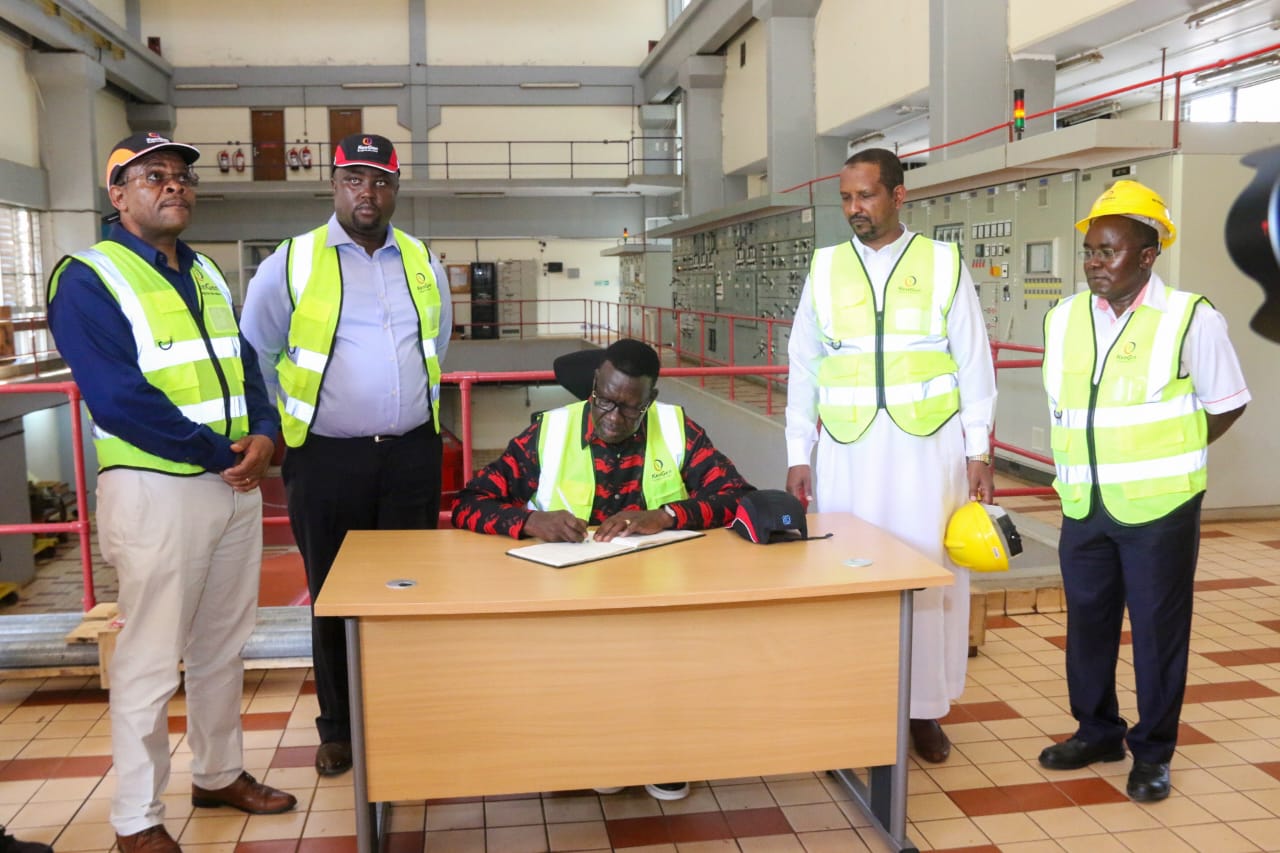KenGen Signs KSh 250M Geothermal Deal to Boost Eswatini’s Energy Independence

Kenya Electricity Generating Company (KenGen) has secured a consultancy contract worth KSh 250 million with the Eswatini Electricity Company (EEC). This agreement underscores KenGen’s expanding influence as a regional leader in renewable energy, particularly in geothermal power, a sector in which Kenya boasts significant expertise.
The deal will see KenGen provide geothermal drilling and advisory services to help Eswatini tap into its geothermal potential. This aligns with Eswatini’s broader objective to diversify its energy sources and reduce dependence on imported electricity. Currently, Eswatini imports over 80% of its power, primarily from South Africa, making energy independence a strategic priority.
A Strategic Partnership
KenGen’s Chief Executive Officer, Abraham Serem, highlighted the significance of the agreement, calling it a testament to Kenya’s position as a global leader in geothermal energy. He stated, “This collaboration strengthens our presence across Africa while promoting renewable energy solutions for a sustainable future.”
The project also aims to build technical capacity within Eswatini by equipping its workforce with the skills needed for geothermal exploration and development. Such initiatives ensure knowledge transfer and long-term sustainability for the host nation.
Kenya’s Geothermal Legacy
Kenya has long been a pioneer in geothermal energy, with a significant portion of its electricity generated from geothermal sources located in the Rift Valley. KenGen’s expertise in this area has made it a sought-after partner in regional energy projects.
This latest agreement builds on KenGen’s portfolio of consultancy deals across Africa. The company has previously collaborated with Ethiopia, Djibouti, and Rwanda on similar projects, leveraging its technical acumen to unlock geothermal resources.
Economic and Environmental Impact
For Eswatini, the development of geothermal energy could significantly lower the cost of electricity and boost energy security. Diversifying energy sources is critical to meeting rising electricity demands while reducing carbon emissions, a growing global concern.
Kenya, on the other hand, benefits from increased revenue streams and enhanced reputation as a leader in renewable energy solutions. By exporting its expertise, KenGen not only earns foreign exchange but also promotes Kenya’s brand as a hub of innovation in sustainable energy.
Challenges Ahead
While the deal is a milestone, geothermal projects are notoriously complex. They require substantial investment and long timelines to deliver results. Additionally, the political and regulatory environment in host countries can influence the pace and success of such projects.
Despite these challenges, the potential rewards are immense. As climate change accelerates the global shift towards renewable energy, geothermal offers a stable and sustainable solution, making KenGen’s role even more pivotal in Africa’s energy transformation.
Conclusion
KenGen’s partnership with Eswatini represents a win-win scenario for both nations. It showcases the value of regional cooperation in addressing Africa’s energy challenges while positioning KenGen as a key player in the continent’s renewable energy landscape.
This agreement not only strengthens KenGen’s foothold in Africa but also highlights the growing importance of geothermal energy in achieving sustainable development goals.











